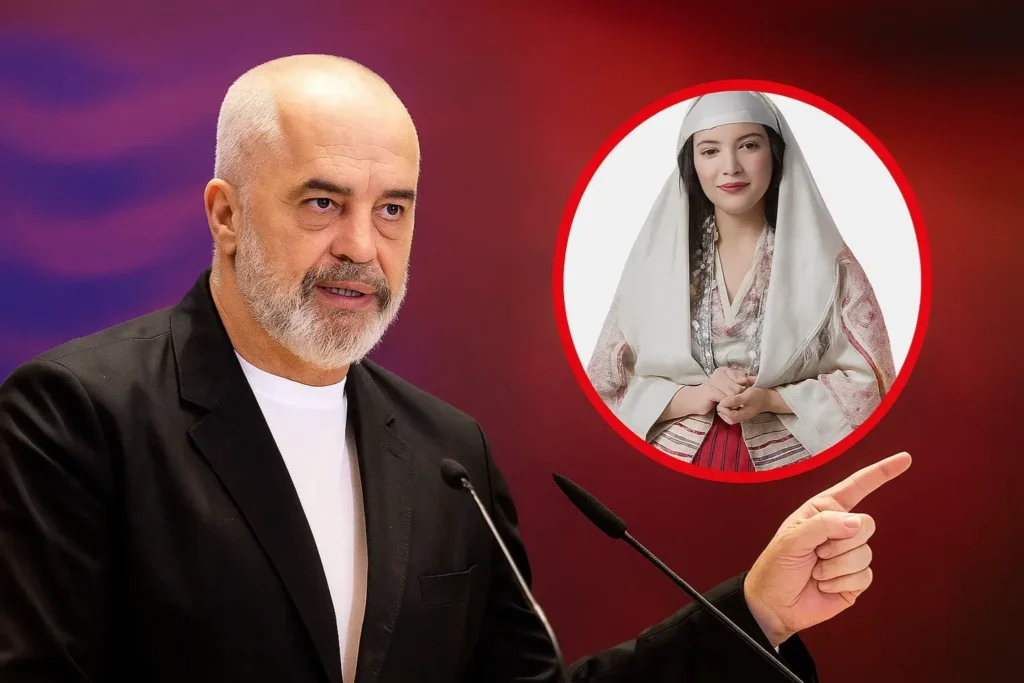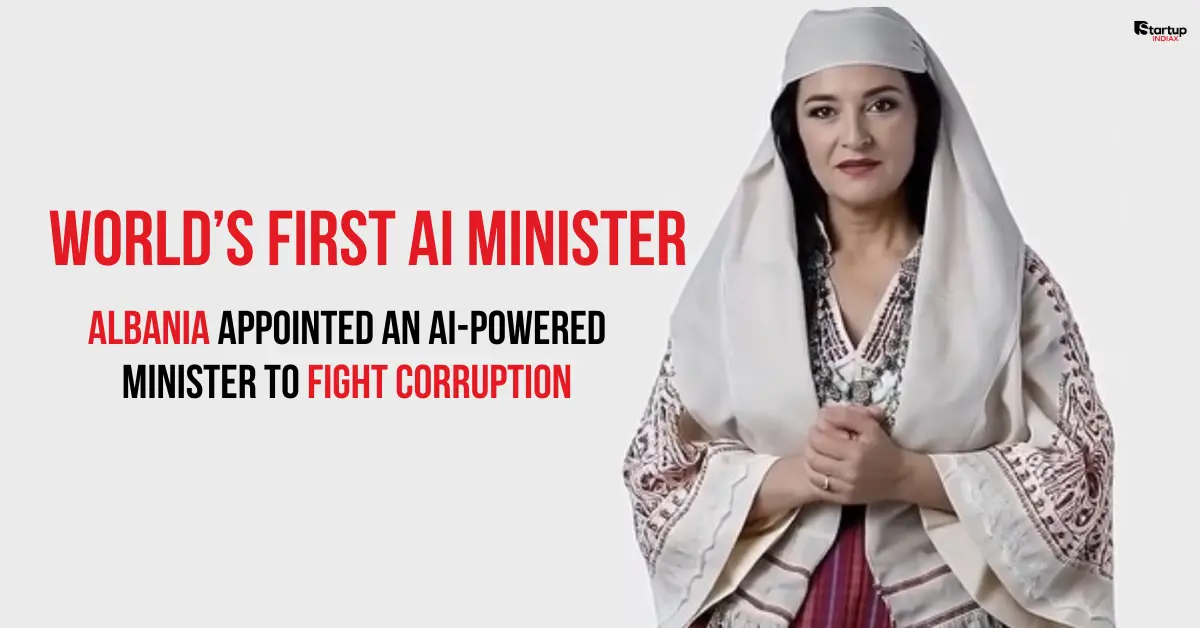Table of Contents
- World’s first AI minister, Diella, has been appointed in Albania to oversee public tenders and fight corruption.
- World’s first AI minister is a bold experiment to eliminate human bias and ensure 100% transparency in government contracts.
- World’s first AI minister highlights the transformative potential of AI to improve efficiency and build public trust in governance worldwide.
The End of Corruption? Meet the World’s First AI Minister
The world’s first AI minister is no longer a sci-fi concept. Albania has made global headlines by appointing an AI system named Diella to its cabinet, tasking it with a monumental goal: to fight public corruption. This groundbreaking move, announced by Prime Minister Edi Rama, is a direct response to the nation’s long-standing struggles with graft. As governments worldwide explore how AI can improve public services, Albania’s bold experiment positions it as a leader in digital governance. Could this be the beginning of a new, more transparent era in politics?

How Can AI Fight Government Corruption?
The appointment of Diella a name that means “sun” in Albanian, symbolizing transparency is a radical step away from traditional governance. The AI minister is specifically designed to oversee all public tenders and procurement, an area historically vulnerable to corrupt practices. By replacing human oversight with an impartial AI system, the Albanian government hopes to eliminate human bias, quid pro quo arrangements, and opportunities for manipulation in state contracts.
This isn’t just about automation; it’s about shifting to a system where every public tender is 100% corruption-free. While many are optimistic, some are skeptical, questioning if even advanced AI can truly be immune to external influence.
What Makes an AI System a Minister?
Diella isn’t a physical entity but a virtual cabinet member. It was first introduced as a virtual assistant on Albania’s e-Albania platform, helping citizens with government services. Having already processed thousands of digital documents and services, it has proven its efficiency. Now, its role is being elevated, with the responsibility of evaluating and awarding government contracts.
This highlights the dual role of AI in public service: as both a helpful assistant and a powerful decision-maker. Diella’s appointment is a testament to how fast artificial intelligence technology is evolving and its potential to reshape public administration. At Startup INDIAX, we’ve long tracked how startups are using AI to solve complex problems, and this is a major real-world application of that very same potential.
What are the Benefits of AI in Governance?
The global anti-corruption community is watching closely. Diella’s success could pave the way for other nations to adopt similar solutions. The move aligns with Albania’s ambition to join the European Union by 2030, as cracking down on corruption is a key condition for membership.
Beyond fighting corruption, AI in government holds immense promise:
- Improved Efficiency: AI can automate tedious, manual tasks, freeing up human resources for more complex issues.
- Data-Driven Decisions: By analyzing vast datasets, AI can help governments make smarter, more informed policy choices.
- Enhanced Transparency: AI systems can create an immutable, transparent record of all transactions, making it harder for illicit activities to go unnoticed.
This pioneering initiative shows how AI-powered solutions can build public trust and credibility by making governance more open and accountable.
What do you think? Is an AI minister the future of transparent governance, or is it too soon to hand over the reins? Share your thoughts in the comments below, and for more insights into how technology is shaping our world, explore more stories on Startup INDIAX!
Frequently Asked Questions
What is the world’s first AI minister’s name?
he world’s first AI minister is named Diella, a virtual entity appointed in Albania to oversee public tenders.
Can an AI minister completely eliminate corruption?
While an AI minister can significantly reduce opportunities for corruption by removing human bias, its effectiveness depends on strong safeguards and robust data integrity.
How is AI used in government today?
Beyond anti-corruption, AI is used in government for various tasks, including streamlining administrative processes, managing public data, and improving citizen services.
What are the risks of using AI in government?
Risks include the potential for algorithmic bias, data privacy concerns, and the need for clear human oversight and accountability for decisions made by AI systems.

